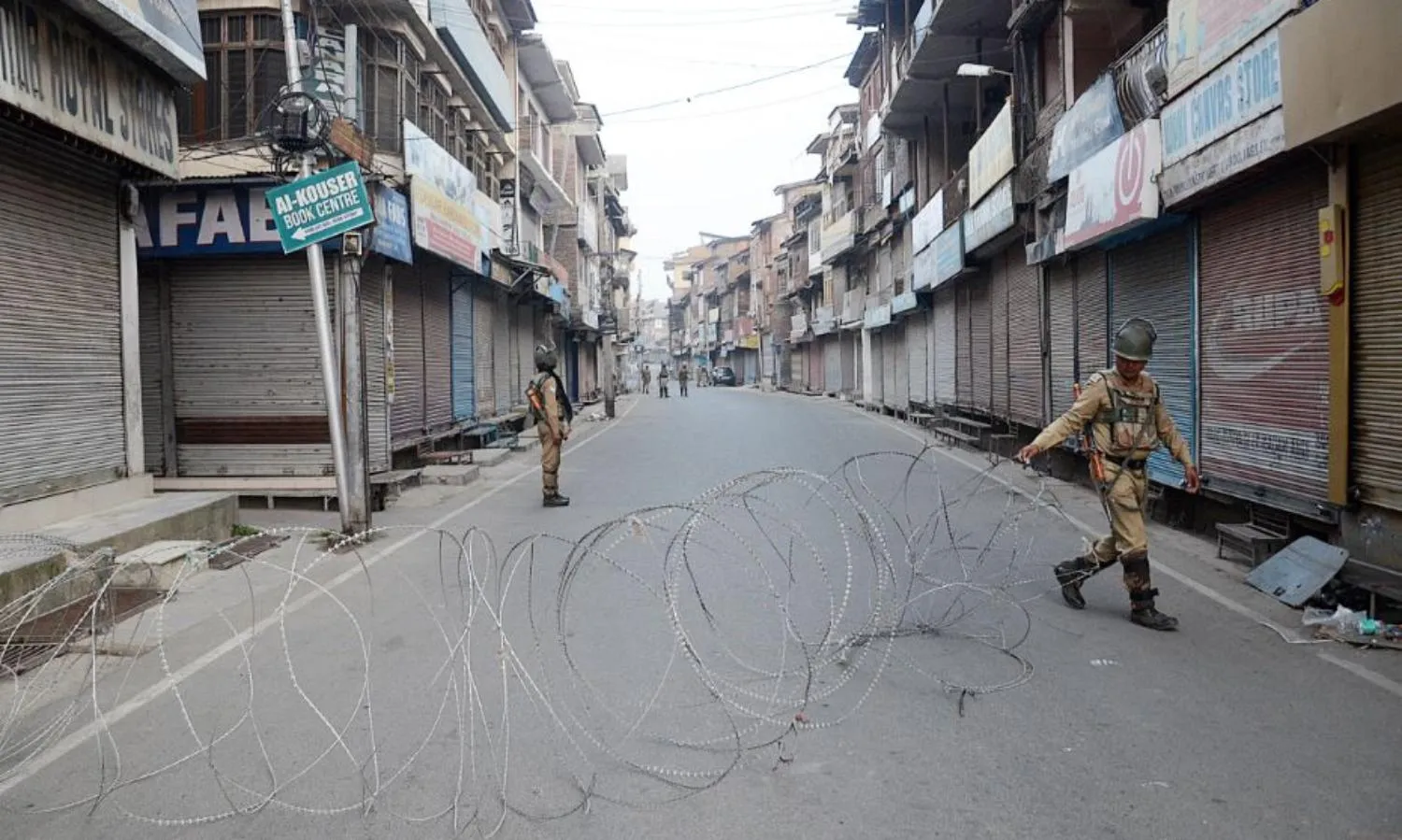New Delhi’s Arbitrary Move Shrinks Pro-India Space in Kashmir
Some say the current situation is more congenial to separatist politics

SRINAGAR: Mohammad Ashraf Bhat prefers to sit indoors ever since the ruling dispensation in New Delhi did away with the special position of Jammu and Kashmir and split the state into two union territories. For Bhat the consistent lockdown or the curbs are not the reason for staying home, but to evade the pesky questions his neighbourhood pals put to him following the Modi government’s unilateral move.
Bhat, a resident of Budgam, would wear the secular and democratic culture of India on his sleeves. He always used these values to draw an analogy between India and Pakistan to convince his peers why people in Kashmir must choose India over Pakistan.
However, after August 5, things changed entirely.
“A well read friend asked me if I still believed in Indian democracy and secularlism,” says Bhat. “I felt like a fish out of water.”
He had no answers for the embarrassing but rational questions he faced in his locality.
Like Bhat, many secular and liberal Kashmiris with a pro-India bone in their bodies are grappling with similar questions, and find themselves now rather awkwardly placed.
A 60 year old businessman in Srinagar, who did not wish to be named, said everyone in his area knew him for his strong pro-India views, but now he had changed his stance.
“I cannot answer the questions people ask me. What Modi did has forced me to change my pro-India stance,” he says.
Irfan Ahmad, a resident of north Kashmir’s Bramulla district, said Modi’s unconstitutional move had not only deepened the alienation further, but also shrunk the space for pro-India and liberal forces in Kashmir.
“Modi somewhere vindicated the separatists’ stand regarding Indian policy in relation to Kashmir,” says Ahmad, who recently graduated in zoology from a reputed university in Maharashtra.
He says it isn’t just a question of putting paid to the special position of a state— “It is a question of breaching the trust of millions of people, which they had reposed in the Indian Constitution.”
“Speaking personally, I feel deceived by the country whose democratic and judicial institutions I would unhesitantly praise,” Irfan says.
The revocation of the state’s special position is all set to take its toll on the pro-India political parties in Jammu and Kashmir, while giving a direct edge to the separatists. The politics of all the regional parties centered on safeguarding the special position of the state, and restoring the condition of autonomy upon which it acceded to the Indian Union.
Nearly a week before the central government stripped the state of its special status, Peoples Democratic Party president Mehbooba Mufti said in an address to party workers that any tinkering with the special status of the state would be like playing with fire around gunpowder.
National Conference patron Farooq Abdullah equated the revocation of Articles 370 and 35A to a constitutional coup. The restoration of autonomy used to be the central poll plank of his party, which even passed an autonomy resolution in the state Assembly in 2000. That resolution was turned down by the central government led by Atal Bihari Vajpayee.
Sajad Lone’s People’s Conference, and the newly minted Jammu and Kashmir Peoples Movement led by bureaucrat turned politician Shah Faesal, also raised their pitch in support of Articles 35A and 370, while senior Communist leader Mohammad Yousuf Tarigami even moved the Supreme Court in support of the special provisions of state.
“Be it the NC’s idea of autonomy or the PDP’s self-rule agenda, more or less every political party in the Valley believed that the solution to the Kashmir imbroglio lay in providing greater autonomy to the region. But now they are left with no poltical roadmaps,” says a Valley-based political analyst.
He observes that the current situation is more congenial to separatist politics.
“They have always reiterated that their bigger goal is azadi, and had rejected anything short of it. They could easily convince people on the basis of this slogan, in the absence of any cogent argument from pro-India politicians,” he adds.
Bhat says it hardly makes a scrap of difference to him, who reaps the dividends in the current bedlam. All that matters to him is that he failed to convince his friends that India is more than its government.



